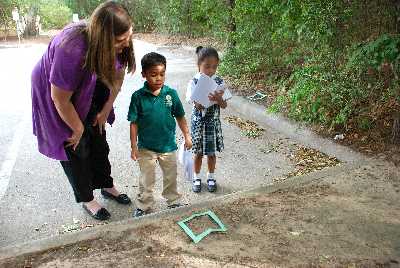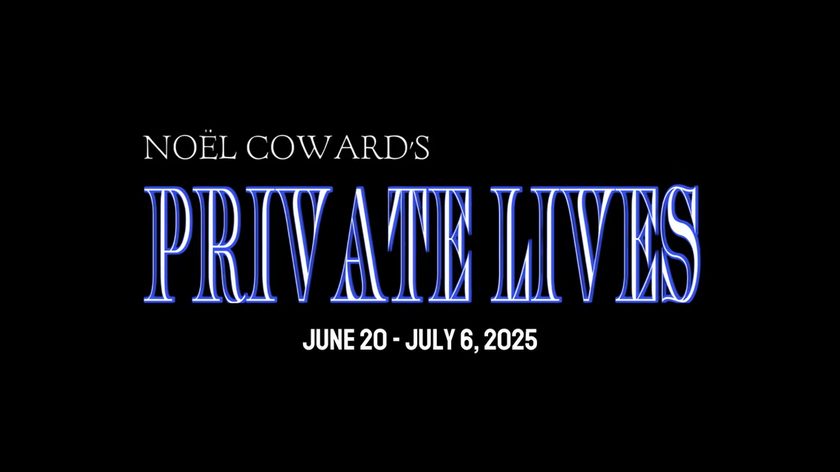- Sections :
- Business
- Crime & Public Safety
- Local Area
- More
Categories
The Learningrx:stop Children From Slipping Down the Summer Slide:

The Woodlands LearningRx
The Woodlands LearningRx Suggests Ways to Prevent the Summer Brain Drain
4840 West Panther Creek, Suite
Lindsay Peyton, 281-636-1361
taylorpeyton@gmail.com
Stop Children From Slipping Down the Summer Slide: The Woodlands LearningRx Suggests Ways to Prevent the Summer Brain Drain
Math worksheets and backpacks are traded in for trips to the zoo and backyard barbeques during June, July and August. Parents can help their children retain educational skills with fun-filled activities to prevent them from slipping down the “summer slide” – a term that refers to the knowledge that most students lose over summer vacation.
Kim Bellini, owner and director of The Woodlands LearningRx and a former teacher, understands that the summer is a great break from school to recharge and reconnect with family, but it doesn’t have to be a break from learning.
“Summer should be about reviewing information and making sure they can apply it to the real world,” she said.
According to the U.S. Department of Education, children are set back by 25 percent in reading skills each summer and the average student loses approximately 2.6 months of grade-level equivalency in mathematical computation skills.
Besides beating the heat of the summer months, Bellini said students have to combat the summer slide. “The brain is like the body – when you exercise it, you improve it. You have to keep the brain active over the summer,” she said.
Bellini said one way parents can engage children and keep their minds sharp is to play educational games with them throughout the summer. Her picks include Traffic Jam, Blink and Qwitch, as well as old standbys like Scrabble, Memory and jigsaw puzzles.
She also suggests trying:
Card Games: The card game “War” allows players to use basic math facts. Begin by eliminating the face cards and placing the rest of the deck in one stack. Each player picks two cards, then add, subtract or multiply the two numbers together – depending on the skill you’re practicing.
What it helps: Speed, accuracy and keeping up with basic math skills.
Beads and String: Use some string and colorful beads to challenge your child to make a bracelet or necklace by adding or subtracting the beads. If you want to challenge them with fractions, tell them to add 1/2 blue beads and 1/4 red beads.
What it helps: Logic and reasoning and basic math skills.
Needle in a Haystack: Take a page from a newspaper and time the child as he or she circles all occurrences of a specific letter. Focus on increasing both accuracy and speed.
What it helps: Visual processing speed.
Poetry: Have a child choose four words that rhyme and then use those words to create a poem or a rhyming song. Or say a word, then ask for another that rhymes. Keep this pattern going as long as possible, then start with a new word.
What it helps: Auditory analysis, verbal rhythm, memory.
Bellini said to try online games that exercise cognitive skills and prevent loss of basic math facts. Some of her favorite websites are math-drills.com, iknowthat.com and www.thinkfinity.org.
“Simply getting your child to read every day is another powerful way to slow the summer slide,” Bellini said. “Read street signs, billboards and anything else you find when you’re on the go this summer.”
Bellini also advocates reading aloud to children. “There are so many benefits to reading aloud with your kids such as an increased vocabulary, better listening skills and, best of all, the chance to bond with your child,” she said. “I encourage you to take advantage of that opportunity.”
LearningRx offers a free, five-page summary of fun activities, games and exercises that build cognitive skills, along with tips on how to incorporate brain building into everyday activities. For a free copy of the summer slide guide, email woodlands@learningrx.net or call 832-482-3082.
The Woodlands LearningRx works with students, age four and above, to enhance their ability to learn, read and succeed at a broad range of academic and work-related challenges. The unique training at LearningRx transforms a student’s ability to learn at a core, cognitive level. The center’s programs are also designed for adults and seniors who want to stay sharp and improve their quality of life. To learn more about The Woodlands LearningRx, visit their web site www.learningrx.com/the-woodlands.
About LearningRx
LearningRx specializes in identifying and correcting the underlying cognitive skill deficiencies that keep people from achieving their full potential in school, business or life. The program was pioneered by Dr. Ken Gibson. Using a comprehensive skills assessment test and intensive one-on-one training, certified trainers quickly and effectively enhance weak cognitive skills such as attention, memory, processing speed and problem solving.











